
Can dogs eat popcorn? Yes, they can have a few bites, but there are some kernels of information you need to know before sharing your movie-time snack with your pup. Here's exactly how to safely share popcorn with your dog.
Plain, air-popped popcorn is usually safe for dogs when fed in small amounts as a treat. This means you can give your dog a couple of pieces as a special snack during movie night—as long as you’re okay with the begging that’s sure to ensue afterward. Keep in mind that treats should not make up over 10% of your dog’s daily calories. At least 90% of their calories should come from a complete and balanced canine diet.
Although your dog is unlikely to experience significant side effects if they eat a dropped piece of buttered popcorn or popcorn with toppings, dogs shouldn’t eat these types of popcorn regularly. Buttery popcorn can lead to stomach upset or even pancreatitis, and the high fat content can contribute to obesity. Other toppings like salt and sugar can cause vomiting, diarrhea, and dehydration. Some popcorn toppings like garlic are quite toxic to dogs.
All forms of popcorn pose a choking risk to dogs, but you should especially be cautious with unpopped or partially popped kernels. These are easily inhaled and can cause choking. Kernels can also get stuck between your dog's teeth, causing discomfort.
Popcorn may not be a good snack for dogs with dietary restrictions, such as dogs with diabetes or food allergies. Keep in mind that some dogs with food allergies may be allergic to corn. For these dogs, eating popcorn could cause skin issues, diarrhea, and gas.
If you plan to treat your dog to some popcorn, keep the following potential risks in mind:
Signs that your pup isn't tolerating popcorn include:
After feeding your pet popcorn, make sure to monitor your dog for any adverse reactions or digestive issues. Contact your veterinarian with any concerns. If you are concerned that your dog may be choking, seek emergency attention.
You're unlikely to see any side effects if your dog consumes a few pieces of plain, buttery, sugary, or cheesy popcorn. However, if your dog eats large quantities of plain popcorn, monitor for vomiting, diarrhea, excessive gas, and lethargy. If they get into large quantities of buttery, cheesy, or sugary popcorn, you should contact your veterinarian for guidance. You should also contact your veterinarian if your pet consumes popcorn while having dietary restrictions due to conditions like diabetes.
If your pet eats any popcorn with toxic substances, such as garlic or onion powder, contact a veterinarian or pet poison helpline immediately. Consultation fees may apply.
If you're at all concerned or your pet is showing unusual symptoms after eating popcorn, contact a veterinarian.

The First 30 Days With Your New Kitten
The first month is full of changes and excitement for a kitten in a new home. Find out what to expect and what you can do for your new feline friend.
How Old Is Your Cat in Human Years?
As a cat ages, there are often behavioral and physical changes too. Find out how to convert cat years to human years and what to expect at each stage.
What to Buy for Your New Cat: A List of Essentials
Before you bring your new cat or kitten home, there are a number of things to collect or buy so your cat will feel welcomed like a family member.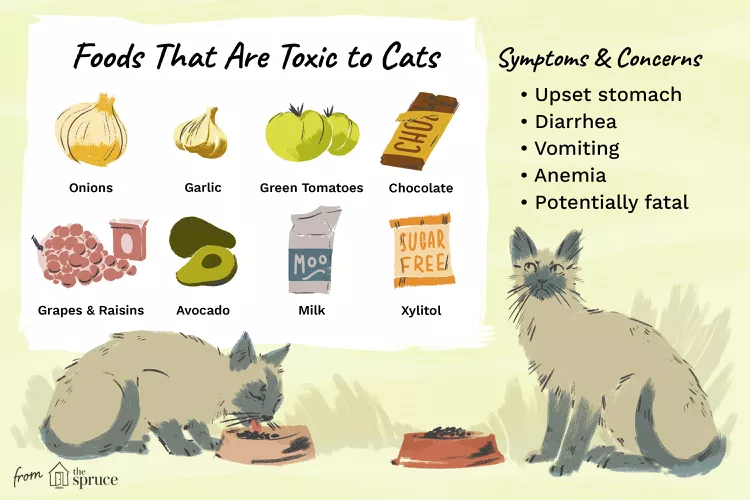
Human Foods That Are Poisonous to Cats
Many human foods are toxic to cats. Avoid feeding cats table scraps. Instead, feed a nutritious cat food created for their specific nutritional needs.
Cat Food Ingredients to Avoid
When checking the nutrition content of cat food, look for ingredients that are not healthy or show it is of poor quality. Avoid these 3 ingredients.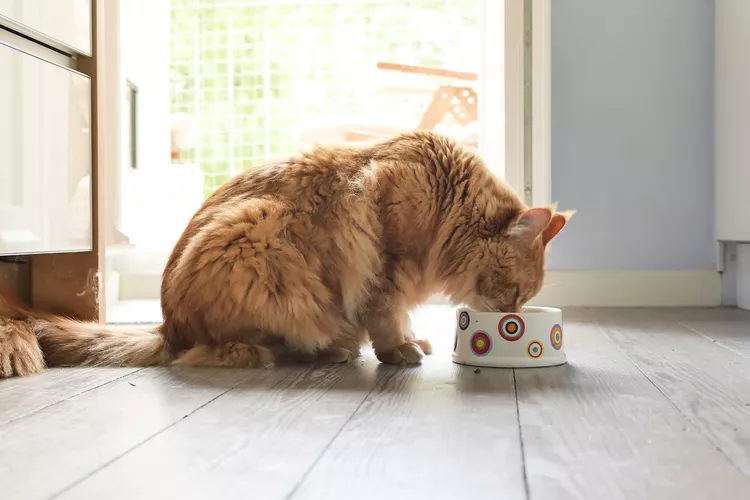
Should You Feed Your Cat a Raw Diet?
Learn the pros and cons of raw diets for cats, and find out how to choose a raw food diet for your own cat.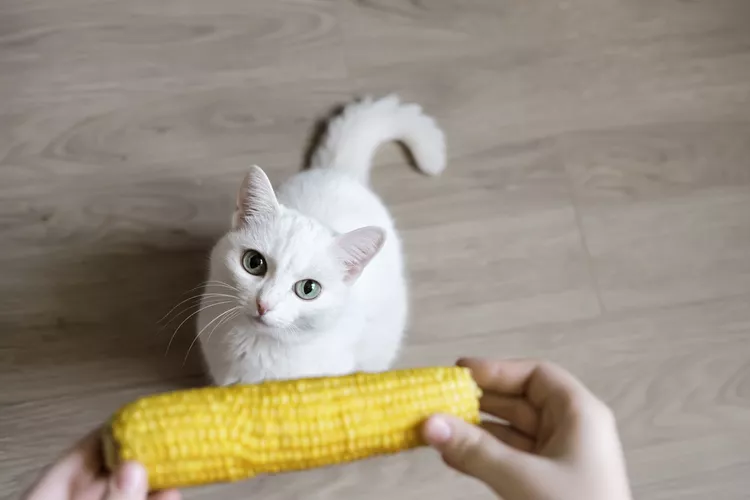
Can Cats Eat Corn? Here's What A Vet Thinks
Corn is a common ingredient in cat food and can be a safe treat for cats when fed in moderation. Find out more about how to safely feed corn to your cat.
10 Obscure, Little-known Canine Facts in Honor of National Dog Day
With National Dog Day upon us, it's time to celebrate everything about our favorite pets—even the weirder stuff. Here are 10 obscure facts about dogs you probably didn't know.
The Different Types of Pet-Friendly Workplaces
Discover the different types of pet-friendly workplaces and the benefits they offer employees. Learn how to create a pet-friendly workplace and the best practices for pet owners.
Exploring the Different Types of Pet-Friendly Beaches
Are you looking for pet-friendly beaches? Learn about the different types of pet-friendly beaches, their locations, and tips for visiting them with your pet.
Why Is My Dog Lethargic?
Lethargy can be a sign that something is wrong with your dog. Find out what may be causing this lack of energy and what you should do about it.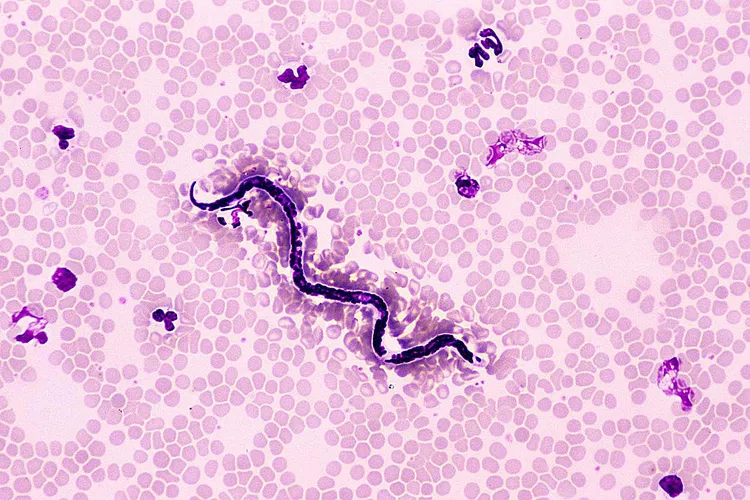
Medications to Prevent Heartworm Disease for Dogs
Heartworm disease is a serious risk for all dogs exposed to mosquitos. Find out about the products used to prevent Heartworm disease in dogs.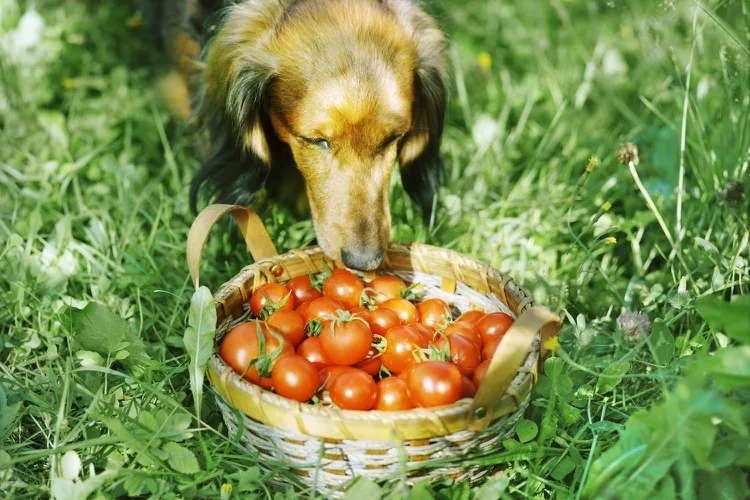
Can My Dog Eat Tomatoes?
You'll want to keep Fido out of your garden since the tomato plant is toxic, but you can safely offer him ripe tomatoes as a nutrient-packed treat.
15 Best American Cat Breeds
Several cat breeds, including the American shorthair and Bengal, have their origins in the United States. Learn more about these American cat breeds.
Why Do Cats Slap Each Other?
Cats can have some quirky behaviors—one of them being slapping each other. Why do they do this and what can you do to stop it?
Skye Terrier: Dog Breed Characteristics & Care
Learn all about the Skye Terrier, an elegant breed known for its friendly and even-tempered personality with classic terrier traits.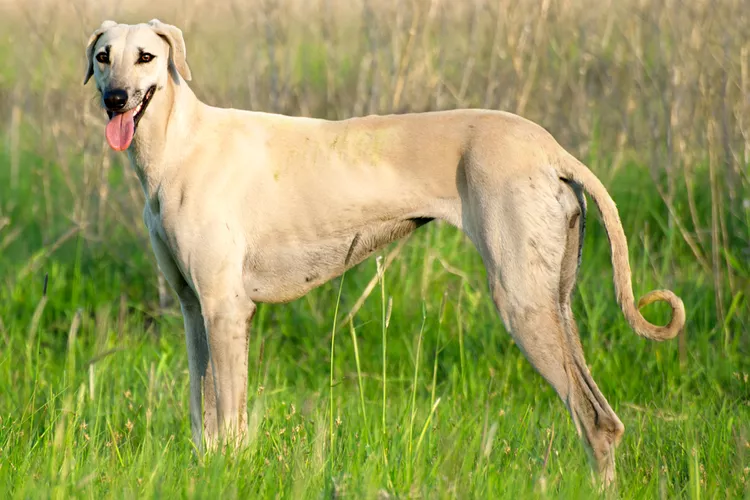
Sloughi: Dog Breed Characteristics & Care
Learn all about the Sloughi, an ancient dog breed known for its impressive running ability, slim stature, and affection toward its family.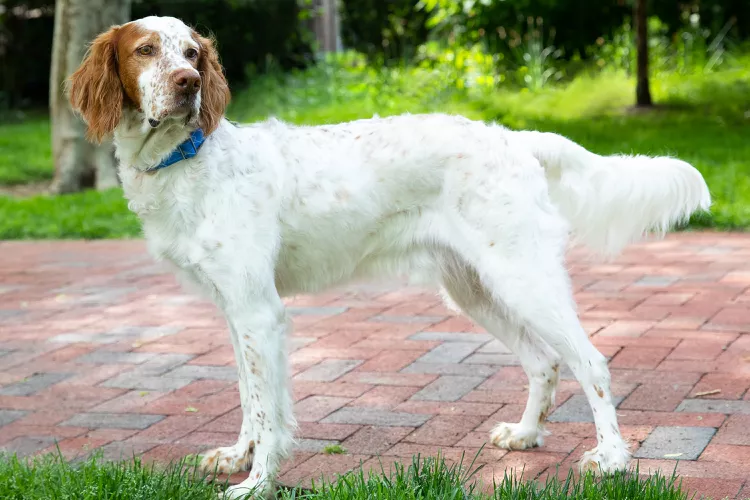
English Setter: Dog Breed Characteristics & Care
Learn about the English setter, an excellent hunting breed for pointing and retrieving game. It's also a popular and affectionate companion dog.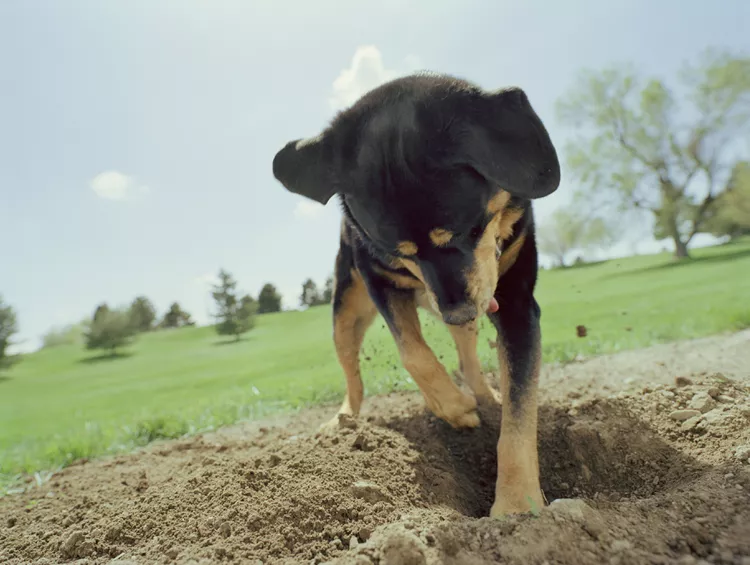
Why Dogs Bury Bones and Other Objects
If you give a dog a bone, he might bury it. Why is that? Learn about this burying behavior in dogs and what it means for your pet.
Reasons Why Dogs Run Away and How to Stop It
Dogs can escape, especially if they’re bored and not properly contained. Here are some techniques for stopping your dog from running away.